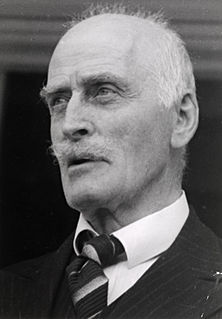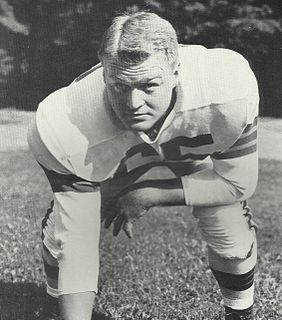A Quote by Knut Hamsun
In old age we are like a batch of letters that someone has sent. We are no longer in the past, we have arrived.
Related Quotes
It was a blessing and also a curse of handwritten letters that unlike email you couldn’t obsessively reread what you’d written after you’d sent it. You couldn’t attempt to un-send it. Once you’d sent it it was gone. It was an object that no longer belonged to you but belonged to your recipient to do with what he would. You tended to remember the feeling of what you’d said more than the words. You gave to object away and left yourself with the memory. That was what it was to give.
One of the things you learn in football is that you're only as good as your last outing. I don't like to reflect on what we've done in the past. I'm not a very good storyteller, for one thing. I'd disappoint you. When it's time, I'll talk about the good old days. But it's a sign of old age, reveling in the past.
Messi is not really from Barca's ranks. What they did was sign the most talented kid in the whole of Argentina! Messi was already Messi when he arrived at Barcelona - they simply polished him. Cristiano Ronaldo is already too old to learn and change the way he is. When he was 13, someone should have sent him home when he didn't behave properly.
A lot of the letters that are coming in - a lot of them are queries or comments - are one sentence long... These are from Twitter. And if you look at the nature of those one sentence letters, most of the time it's something that came to somebody's mind - somebody walking down the street had a thought and sent it out. If they thought about it for two minutes they would not have sent it.
In the First World War, people would be receiving letters from loved ones who had been dead for weeks, and they would not know until that black-bordered telegram arrived. I remember, of course, when it was letters only, or the telephone, and you did not make expensive long-distance calls unless it was, "Come home to the funeral," or the like.
Another thing I like to say to my students is this: "How many Corinthians read Paul's letters?" The answer is none. They couldn't have cared less! There aren't even any Corinthians left, but Paul's letters persist. Paul was not a professional writer. He was called to something, and he sent his letters. That's a good way to look at it. That you might be making something that nobody cares about, but you have to do it. It's not that people should care, but that you should care.
When I was young I was depressed all the time. But suicide no longer seemed a possibility in my life. At my age there was very little left to kill. It was good to be old, no matter what they said. It was reasonable that a man had to be at least 50 years old before he could write with anything like clarity.
The Germans, in the age of Tacitus, were unacquainted with the use of letters; and the use of letters is the principal circumstance that distinguishes a civilised people from a herd of savages incapable of knowledge or reflection. Without that artificial help, the human memory soon dissipates or corrupts the ideas intrusted to her charge; and the nobler faculties of the mind, no longer supplied with models or with materials, gradually forget their powers; the judgment becomes feeble and lethargic, the imagination languid or irregular.



































